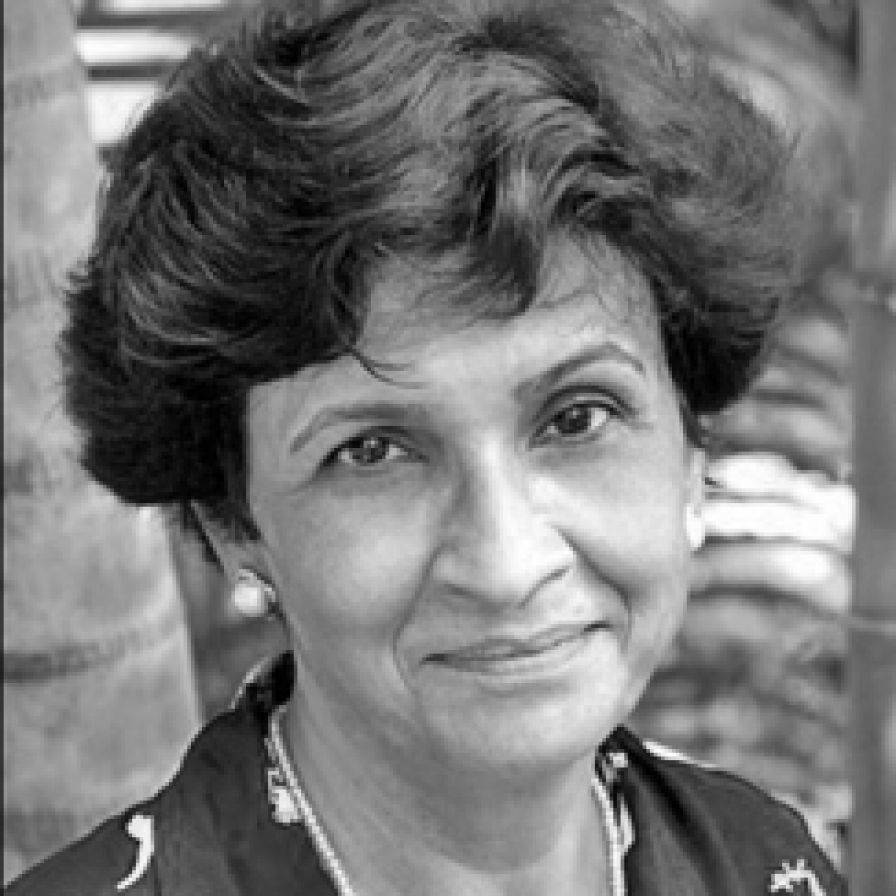Mystic Mantra: While you are asleep!

Remember, when we could not solve a problem in the day we were told to sleep on it. It is not just a folk wisdom, now the research in neuroscience is also supporting it. Many thinkers and creative geniuses have found answers to their deep question while they were asleep. The famous scientist Thomas Edison believed that his deepest insights originated from the sweet space between conscious and unconscious states. He would hold a bunch of ball-bearings as he power napped so that just as he drifted into deep slumber, they would drop and clatter onto the floor?—?waking him at the opportune moment. It shows the importance of switching off to allow creative insights to make their way in.
Sleep is one of those neglected actions of the body. It is associated with laziness and sleeping in the daytime is certainly looked down upon. But Mr. Matthew Walker, a professor of neuroscience and psychology at UC Berkeley, the author of a brilliant book “Why we sleep”, would not agree with it. He has found that if learners sleep before the lesson and after the lesson their learning capacity increases. “ Within the brain, sleep enriches a diversity of functions, including our ability to learn, memorize, and make logical decisions. It recalibrates our emotions, restocks our immune system, fine-tunes our metabolism, and regulates our appetite. Dreaming creates a virtual reality space in which the brain melds past and present knowledge, inspiring creativity.”
It is true that we are not using our full capacity to learn. There are a hundred billion cells in a small human brain and scientists say that each cell has a great capacity of preserving knowledge that the information contained in all the libraries of the world could be stored in one human brain. To have a hundred billion cells is such a tremendous potential that one individual could be the master of all knowledge existing in the world today. But we have not yet been able to develop that device by which we can pour so much knowledge into a person’s brain.
Osho says, “Our ways of imparting knowledge are very primitive. A child is taught for twenty years before he gains a bachelor’s degree – but nothing is really achieved by that. Having given someone twenty years of education, the most we can say is that he is not uneducated. Nothing special is achieved. The stock of knowledge is gigantic and we possess neither the devices nor the systems we would need to pour it into the human brain. Hence new ways and methods are being researched continually to develop more advanced techniques of education.” He strongly advocates teaching in the sleep. Children are normally instructed in the daytime and then eight hours of the night are being wasted. Great efforts should be made to make sleep an opportunity for education. It won’t be long before we are able to impart as much education in seven years as is now imparted in fifteen years, by utilizing the nighttime as well.
Osho points out one more hindrance in learning during the daytime alone. When a teacher is teaching children in their waking hours, a conflict arises between the ego of the teacher and that of the child, and this hinders progress. Children do not absorb all the information. hereas there is no conflict when children are asleep, their conscious mind is inactive and the unconscious which is far more intelligent opens its doors and instruction is directly absorbed. So, wake up to the magic land of sleep!

